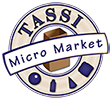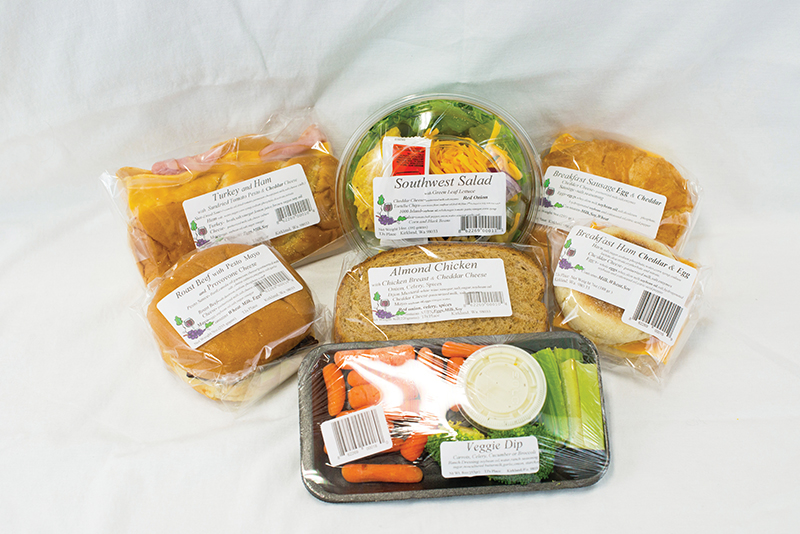Food vending machines offer several benefits for Seattle-based companies. Here are some key advantages:
Convenience: Food vending machines provide a convenient option for employees to grab a quick snack or meal without leaving the office premises. This saves them time and effort, promoting productivity and reducing potential distractions.
24/7 Accessibility: Vending machines can operate round the clock, ensuring access to food and beverages at any time of the day. This is particularly beneficial for businesses with employees working in shifts or during non-standard hours.
Diverse Menu Options: Modern food vending machines offer a wide range of menu options, including healthy snacks, fresh sandwiches, salads, and beverages. By catering to various dietary preferences and restrictions, such as vegan, gluten-free, or organic choices, vending machines can accommodate the diverse needs of Seattle’s population.
Employee Satisfaction and Morale: Having food vending machines on-site can contribute to employee satisfaction and morale. It demonstrates that the company cares about the well-being of its employees by providing easily accessible food options, thereby enhancing the overall work experience.
Time and Cost Savings: With food vending machines, employees no longer need to spend time traveling to nearby cafes or restaurants during their lunch breaks. This saves them time and reduces the risk of returning late to work. Additionally, vending machines often offer competitive prices compared to external food establishments, leading to cost savings for employees.
Revenue Generation: Companies can generate additional revenue by placing vending machines in their premises. They can negotiate agreements with vending machine suppliers or even choose to operate the machines themselves, providing an opportunity to earn passive income.
Sustainability: Many modern vending machines focus on sustainability by offering eco-friendly packaging and promoting responsible sourcing practices. This aligns with the environmentally conscious culture of Seattle and demonstrates a commitment to reducing waste and carbon footprint.
Space Optimization: Vending machines require relatively small floor space compared to full-service cafes or food courts. This can be advantageous for companies with limited office space, allowing them to optimize the available area for other purposes.
Health and Safety Considerations: In the wake of the COVID-19 pandemic, food vending machines can offer a safer alternative to communal spaces such as cafeterias or shared kitchen areas. Individual packaging and touchless payment options minimize contact and reduce the risk of spreading infections.
Overall, food vending machines provide Seattle-based companies with a range of benefits, including convenience, accessibility, diverse menu options, employee satisfaction, cost savings, revenue generation, sustainability, space optimization, and health and safety considerations.

